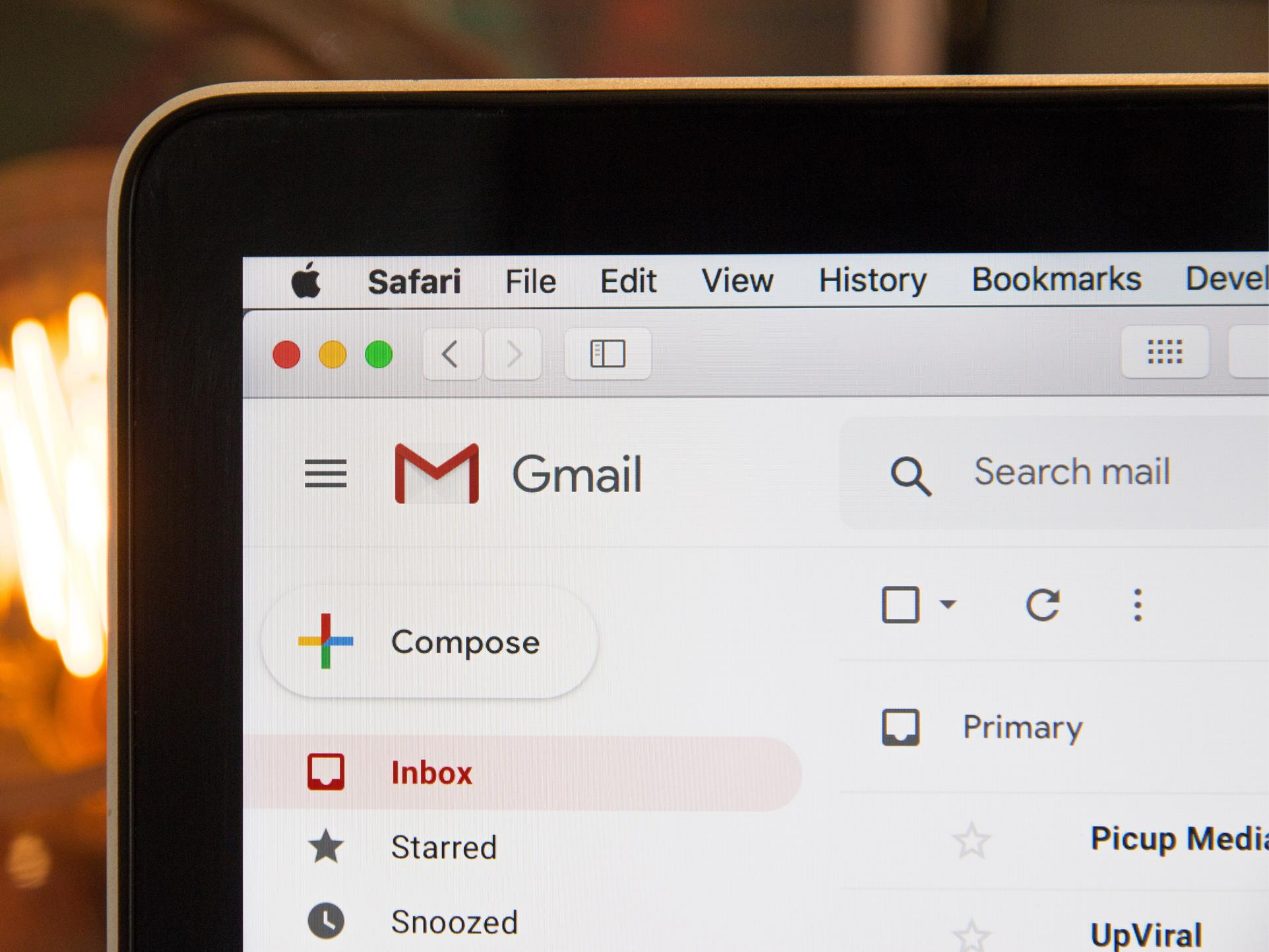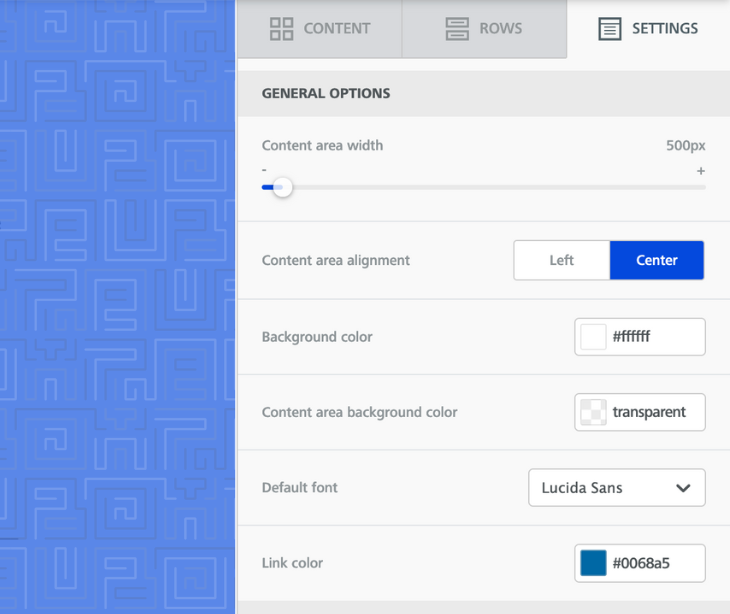1 min read
Can healthcare professionals disclose PHI for marketing purposes?
Liyanda Tembani
August 24, 2023

Healthcare professionals can disclose protected health information (PHI) for marketing purposes only under specific conditions and with patient consent or by using de-identified information. However, HIPAA regulations strictly govern this practice to ensure patient privacy and maintain ethical standards.
PHI and marketing in healthcare
Marketing in the healthcare sector serves essential purposes, including patient education and promoting healthcare services. However, using PHI in marketing efforts raises concerns about patient autonomy, trust, and confidentiality.
Related: HIPAA compliant email marketing: what you need to know
HIPAA and PHI disclosure
Under HIPAA, healthcare professionals are classified as covered entities responsible for safeguarding PHI. To use PHI for marketing, written authorization from patients is required. The permission should be specific, stating the intended use of PHI for marketing and the entities involved.
De-identified information and marketing
De-identified information presents an alternative approach to using data for marketing in the healthcare industry while safeguarding patient privacy. De-identification involves removing all identifiers from the data, ensuring that the information can no longer be traced back to specific individuals. Per HIPAA guidelines, de-identified data can be used for marketing purposes without requiring explicit patient authorization. This enables healthcare professionals to use aggregated and anonymized data to analyze trends, conduct research, and implement marketing campaigns without breaching patient confidentiality.
However, despite the de-identification process, there remains a risk of re-identification. When combining multiple datasets or employing advanced data analytics techniques, it is possible to reverse-engineer this de-identified data and associate it with individual patients. Therefore, healthcare professionals must adopt data protection measures to prevent any disclosure of sensitive information.
By using de-identified information for marketing purposes, healthcare providers can benefit from insights and conduct targeted campaigns without compromising patient trust.
Related: How to de-identify protected health information for privacy
The role of business associates
Healthcare providers often collaborate with third-party vendors, known as business associates, for marketing campaigns or communication systems. These entities must comply with HIPAA regulations and adhere to the same restrictions regarding PHI disclosure and marketing.
A business associate agreement (BAA) must be established before sharing PHI with business associates for marketing purposes. This agreement outlines the terms and conditions for PHI disclosure and holds the business associate accountable for any breaches. By establishing strong and well-defined BAAs, healthcare providers can mitigate potential risks associated with disclosing PHI to business associates and maintain the integrity and confidentiality of patient information throughout their marketing.
Healthcare professionals can disclose PHI for marketing purposes, provided they comply with legal requirements, obtain patient consent, or use de-identified information.
Subscribe to Paubox Weekly
Every Friday we bring you the most important news from Paubox. Our aim is to make you smarter, faster.




